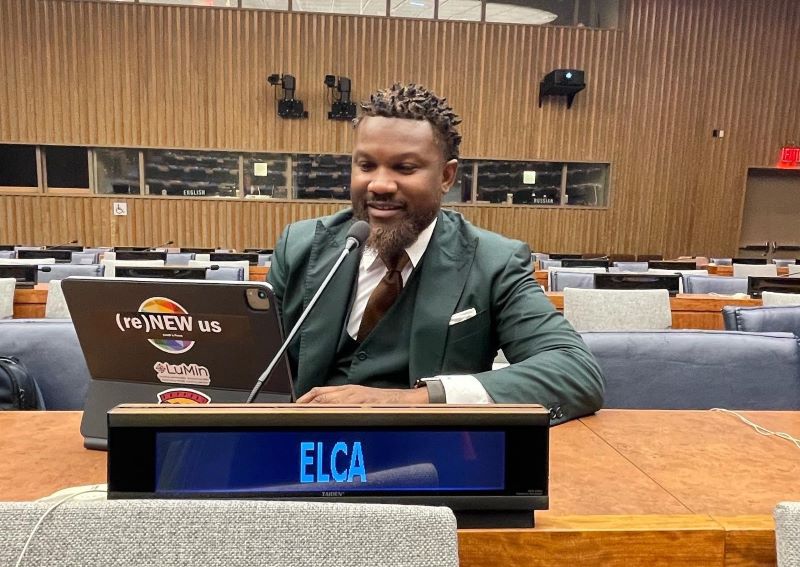
When her mother was diagnosed with diabetes, Neva White helped her manage the condition.
Through that experience, she developed a passion for helping others who are impacted by the disease. White focuses on diabetes education, prevention and outreach in her role as the senior health educator at the Thomas Jefferson Hospital Center for Urban Health.
“There are 86 million people in the U.S. who have pre-diabetes, more than those who have diabetes,” said White, who has been a nurse for more than 30 years.
The Center for Urban Health has partnered with the Philadelphia Department of Public Health and the Health Care Improvement Foundation to offer a community diabetes prevention program at the Methodist Hospital, local public libraries and faith-based communities. The goal of the year-long program is for participants to lose five to seven percent of their body weight and to increase their physical activity. The center also offers a six-week diabetes self-management education program, monthly diabetes support groups and an annual diabetes expo. White recently launched an online diabetes management program to reach even more.
A certified diabetes educator, White appreciates when program participants share their stories of success about how they are eating better, are more physically active and are better managing their diabetes.
“The most rewarding part is that I’ve been allowed to be creative at Jefferson, to think out of the box in programming,” she stated as she reflected on her work. “I want everybody to know that they have been put on this earth for something. We all have a purpose. Everything that we need is inside of us and my goal is to help people to bring it out in them.

“I think that people have everything they need to take care of themselves – to do what they need to do but sometimes we just need a little information or resources to bring it out in us and to remove the fear,” White continued. “I’m a health cheerleader!”
White and other health educators are connecting with the American Diabetes Association and organizations such as churches, fraternities, sororities and nonprofit organizations in the Black community, seeking to reach people from diverse communities.
White explained that diabetes occurs when the body doesn’t produce enough insulin to regulate blood glucose. The condition disproportionately affects African Americans. The American Diabetes Association estimates that 13.2 % of African Americans aged 20 and older have been diagnosed with the disease. Diabetes increases the risk of heart attacks, kidney failure, nerve damage and stroke.
“We have people walking around with diabetes that don’t know they have it,” White stated. “You could have diabetes five to 10 years before you get diagnosed and during that time your body is experiencing complications such as sores, wounds that don’t heal, or strokes.”
“People need to know if they have pre-diabetes, that’s when blood sugar levels are higher than they should be, but not high enough for a diagnosis of diabetes,” White said. “Finding out early helps us prevent diabetes.”
She says that connecting people can be a factor in improving health outcomes. “We have to find a way to get back to the basics – looking at the way we eat, increasing our physical activity and really connecting more,” she added.
“People have become so separated from each other. We’re not going to see improvements in our health, until we see improvements in our relationships, in our families and in our communities.”
Ayana Jones is a Philadelphia-based journalist who writes about health care issues. She earned her bachelor’s degree in humanities with a concentration in journalism and mass communications from the University of the Virgin Islands.




